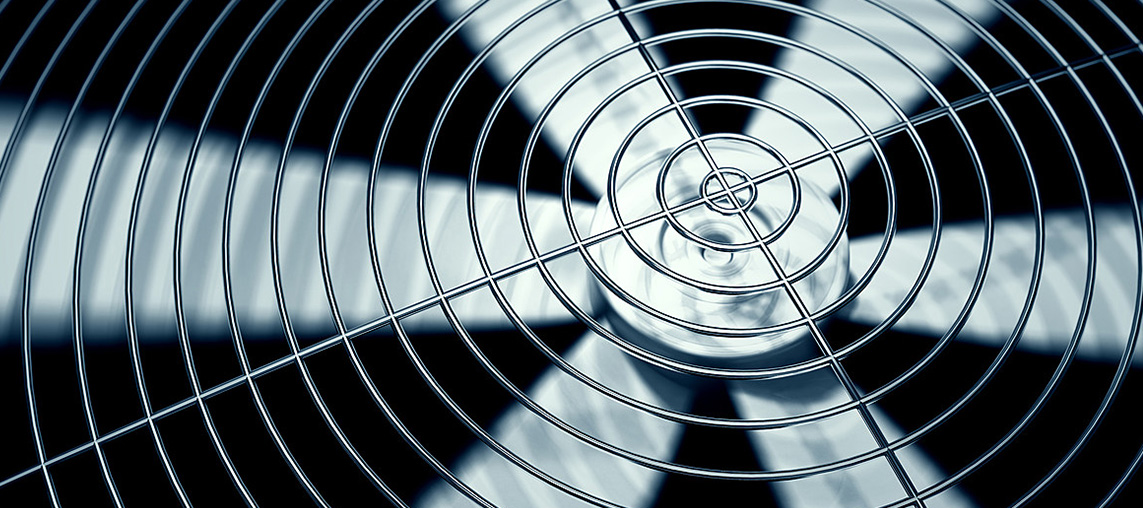Bearings play a vital role in the field of rotating machinery. They can support and guide rotating parts and reduce friction and wear, thereby ensuring the normal operation and efficient performance of mechanical equipment.
The following are the main functions of bearings in the field of rotating machinery:
1. Support and positioning: Bearings can provide support and positioning functions on rotating parts, such as spindles, rotors, etc. By correctly selecting and installing bearings, you can ensure that rotating parts have accurate positions and stable operating trajectories during work.
2. Transmission of torque and load-bearing capacity: Bearings can transmit the torque and load-bearing capacity generated by mechanical equipment, allowing it to effectively rotate and bear external loads. The selection and design of bearings should take into account the required torque and load-bearing capacity to ensure the reliability and safety of mechanical equipment.
3. Reduce friction and wear: Bearings in rotating machinery can reduce friction between components and convert it into less energy loss. Through lubrication and optimized shape and material selection, bearings can effectively extend the service life of components and reduce maintenance and replacement costs.
4. Reduce vibration and noise: Bearings can reduce vibration and noise in rotating machinery and improve the working stability and comfort of the equipment. Through appropriate bearing design and precise assembly, the vibration and sound generated by mechanical equipment during high-speed rotation can be reduced and the user experience can be improved.
To sum up, the role of bearings in the field of rotating machinery is crucial. They can ensure the stable operation, efficient performance, long life and good user experience of mechanical equipment.


 中文简体
中文简体 English
English




